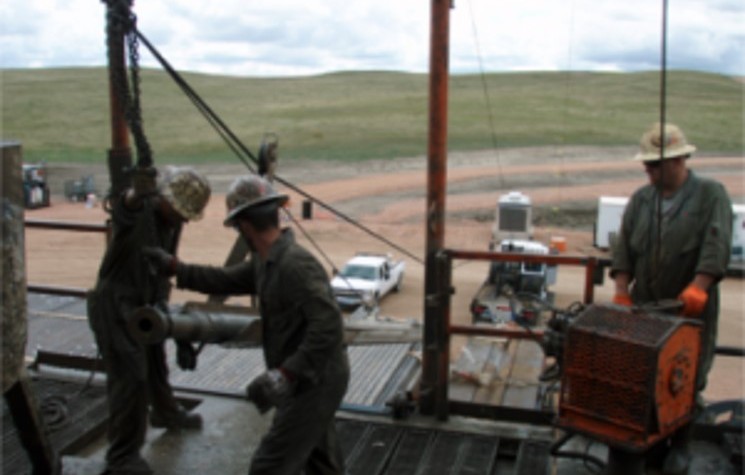Andes Energia starts production from second Vaca Muerta well

By Amy McLellan
Andes Energia has delivered another successful well in the Vaca Muerta shale play in Argentina’s Nequen Basin. This is a play that has rightly been described as world-class: at 30,000 sq km, the Belgium-sized Vaca Merta is almost twice the size of the prolific Eagle Ford Shale in Texas and is unusually thick, which means companies have to drill fewer wells to tap the hydrocarbon resources.
Andes Energia is the only AIM company with exposure to a play that has attracted billions of dollars of investment from the likes of Chevron, ExxonMobil and Shell – and it’s a testament to the scale of this resource that these companies are sticking with the play despite the political risk attached to Argentina.
For Andes Energia, which is also listed on the Buenos Aires Stock Exchange, that political risk is also an opportunity as it limits competition for assets and acreage.
The company is busy working up its Vaca Muerta opportunity – although the timelines of these multi-stage frack projects are 12 months or more to enable careful design of the frack – with its most recent well, Las Varillas x-1, drilled in early 2014, encountering 125 metres of gross pay. Andes, which also has material conventional oil production in the country, has a 40 per cent stake alongside Argentina’s YPF and was fully carried through the well.
The Las Varillas x-1 well has now been fracked, in a three stage vertical hydraulic fracture, and after initial clean-up flowed around 90 bpd of 23° API crude oil under natural flow and at 108 bpd following installation of an artificial lift system. The well is still producing and the company is working to increase productivity.
This is the company’s fourth successful well targeting the Vaca Muerta, which, together with the VG-1 well, de-risks the northern extension of the basin, where Andes has 210,000 net acres with a NSAI certified resource estimate of 320 million boe of resources.
Chairman Nicolas Mallo Huergo said the company was very encouraged with the results from its second producing well in the Vaca Muerta, noting the “consistency of the positive results in all the wells we have drilled across the basin”. “We believe the future for the development of our acreage in Vaca Muerta is extremely positive,” he said.
And the current low oil price is no brake on this work flow, with the regulated domestic oil price of US$77 per barrel currently enjoying a premium to world prices.
The company has, however, astutely diversified outside Argentina – the spectre of Repsol’s experiences in the country is an ongoing reminder of the political risk. Earlier this year it bulked up its position in Colombia by becoming the majority shareholder in Oslo-listed InterOil. Its 51 per cent stake in Interoil means the company’s consolidated production now stands at 3,300 boepd, of which 1,500 boepd comes from wells in Colombia. A reorganisation is now underway to capture synergies between the two companies’ operations.
Analysts at SP Angel Corporate Finance in London were cautious on the news. “These results are promising, but more work is required to elucidate the full cycle economics,” said the analysts. “This is even before we get to the topsides risk that is Argentina.”
Comments (0)